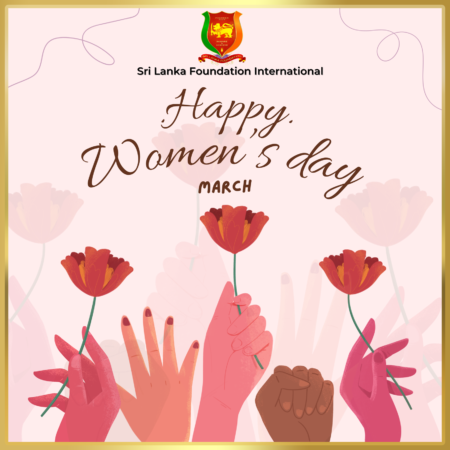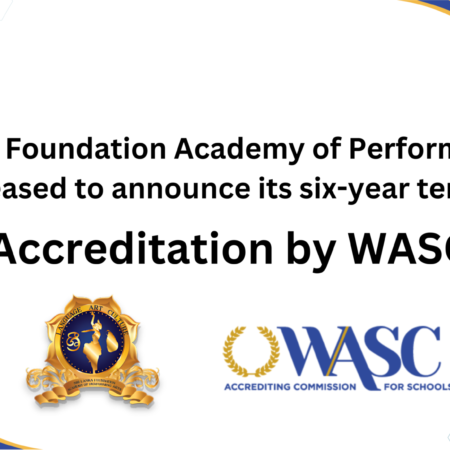Amid a proliferation of development deals in Sri Lanka, former President Mahinda Rajapaksa says his country and Japan could work on more projects together, including hospitals and highways.
“I believe that the infrastructure projects are very important for Sri Lanka after the war,” Rajapaksa said during an interview with The Japan Times on Wednesday in Tokyo.
“Everybody started giving to us. So we took it. But Japan also helped us a lot.”
Japan and China are locked in head-to-head competition in Sri Lanka, a strategically important country that sits near a key Indian Ocean sea lane.
Under Rajapaksa, who is credited with ending a more than two-decade war against the separatist Tamil Tigers, the Sri Lankan economy grew rapidly. He also awarded a slew of lucrative development projects to China — projects his critics say became a hotbed of corruption. He lost an election last year after being accused of nepotism and corruption.
According to the Sri Lankan foreign ministry, China now has the most ODA (Official Development Assistance) projects in Sri Lanka. Yet under the standard set by the Development Assistance Committee of the Organisation for Economic Co-operation and Development, Japan is the largest ODA sponsor in Sri Lanka.
China is not a member of the OECD.
As Rajapaksa was seen as being too pro-China, his successor, President Maithripala Sirisena, has been trying to recalibrate the nation’s policy and has put up for review all ODA projects that were started during Rajapaksa’s tenure.
Some of the Chinese ODA deals have been canceled or put under review. But the $1.4 billion Colombo Port City project with China — the largest in Sri Lanka’s history — has been restarted, a testament to the strategically important role Beijing plays in the country.
As for Japan, Prime Minister Shinzo Abe also pledged an up to ¥13 billion loan to Sri Lanka to digitalize terrestrial television broadcasting when he met with Rajapaksa in 2014, but that project was also reviewed.
Still, Abe pledged a further ¥38 billion loan during a bilateral talk with Sirisena after the Group of Seven summit in Mie Prefecture last month.
Abe also promised to provide two patrol ships to the island nation, which is considered part of China’s “string of pearls” strategy to expand its naval presence in the Indian Ocean.
In 2014, a Chinese submarine docked in Sri Lanka, an action that angered India.
Rajapaksa also said that Japan could provide ships and personnel training for sea-lane patrols.






















